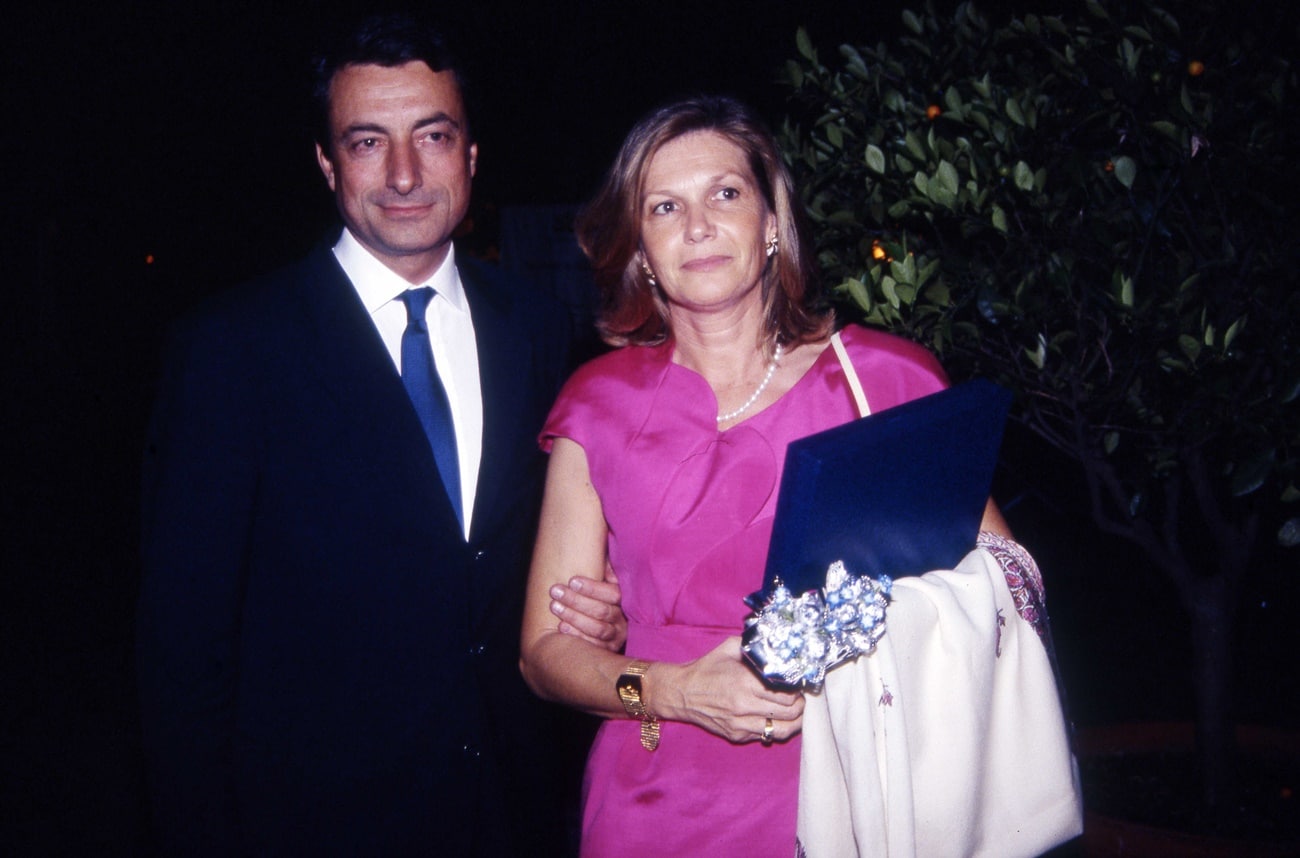“European values are not for sale,” stated EU Commission president Ursula Von der Leyen towards the end of her first “State of the Union” speech in Brussels.
The 79-minute address encompassed her holistic plan for the bloc’s future, touching on green transition, pandemic recovery, migration and, crucially, foreign policy. Ms Von der Leyen promised that the EU would adopt an uncompromising line on human rights, both internally and globally, and vowed a more assertive EU response to global issues.
In line with her promise, the president went on to set out Europe’s official position on a series of international dossiers where human rights are violated. Starting with China – which she called a “competitor and rival” –, where she advocated for democracy, individual rights and freedom of speech in Hong Kong.
Moving on to Russia, she stated that the poisoning of leading Russian opposer Alexei Navalny is “out of order” and that “the pattern of [foreign] electoral interference is not changing,” implying that the Belarusian crisis does not warrant additional Russian intervention.
She also talked about the importance of relations with Turkey (slamming the latter’s attempt to intimidate EU countries through the migrant housing issue) and called for revitalising the transatlantic agenda, regardless of the disagreements with the current White House.
“Finally, clear and sharp words on multilateralism, on who is our ally and who is not” commented Enzo Amendola, the Italian minister for European affairs, who strongly approved of Ms Von der Leyen’s speech when contacted by Formiche.net.
“China is a partner, but also a systemic rival,” he commented, “and reciprocity with Beijing simply doesn’t exist for the moment. We felt a necessary stance on China, which has been somewhat evanescent in the last years’ European debate on multilateralism.”
Mr Amendola then added that Ms Von der Leyen’s speech “perfectly explained that digital sovereignty means paying attention to what we do and to who we do it with; in two words, strategic autonomy.” The minister, who is a Democrat, has been pushing for Italy to adopt an Atlanticist and hard-on-China approach with regards to the adoption of Chinese 5G tech, together with his fellow Dem and defence minister Lorenzo Guerini.
The diplomat undersigned the president’s “harsh” stance on Navalny and Belarus, saying that Italy shared it; “the EU is here, and it’s clarifying that it wants to defend human rights and fundamental freedoms both inside and outside its borders.”
Mr Amendola didn’t rule out that Italy could side with Germany in sanctioning Russia if the latter did not shed light on the Navalny case. “We will debate this during the next European council along with many other matters, such as the turbulences in the Eastern Mediterranean and the Turkey problem.”
Finally, the diplomat also signalled that Italy would be “absolutely” favourable to Ms Von der Leyen’s proposed reform, which would switch the voting system for the implementation of sanctions from unanimous to majoritarian.








